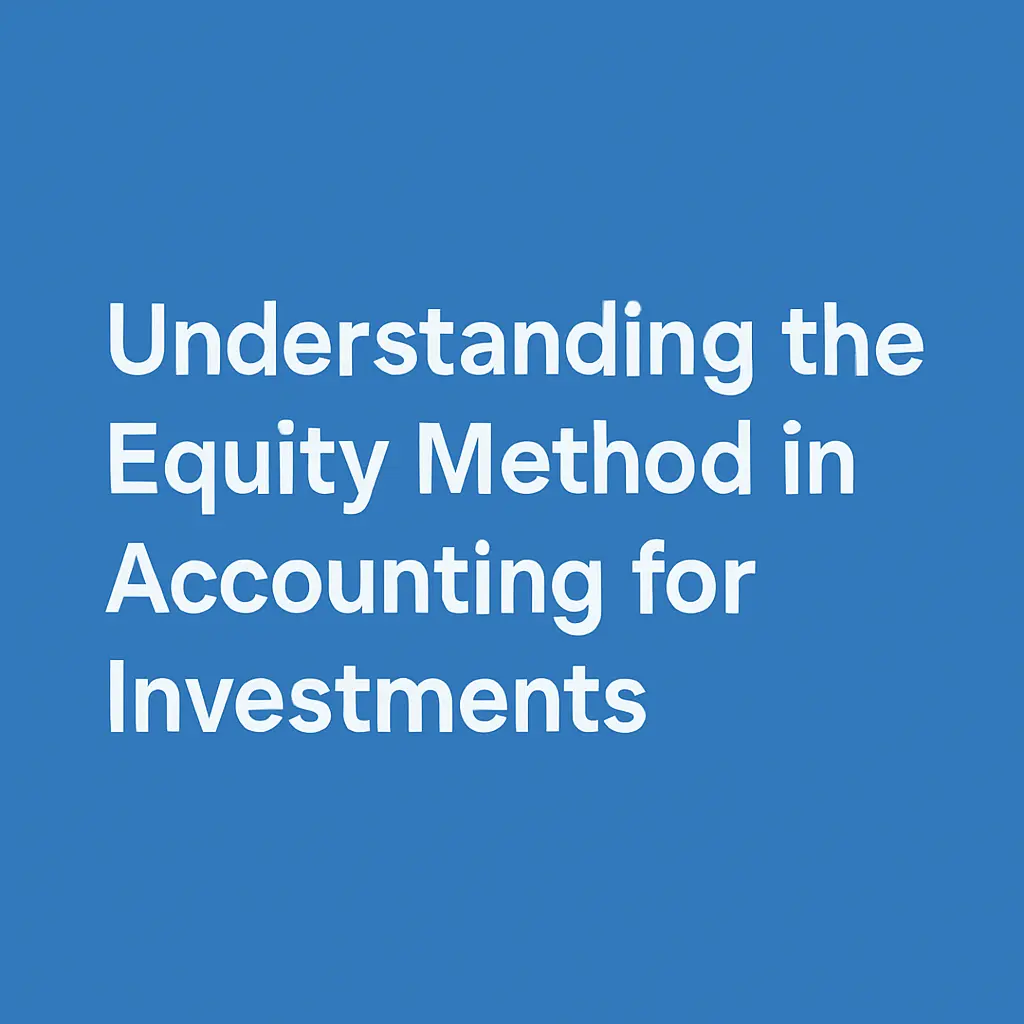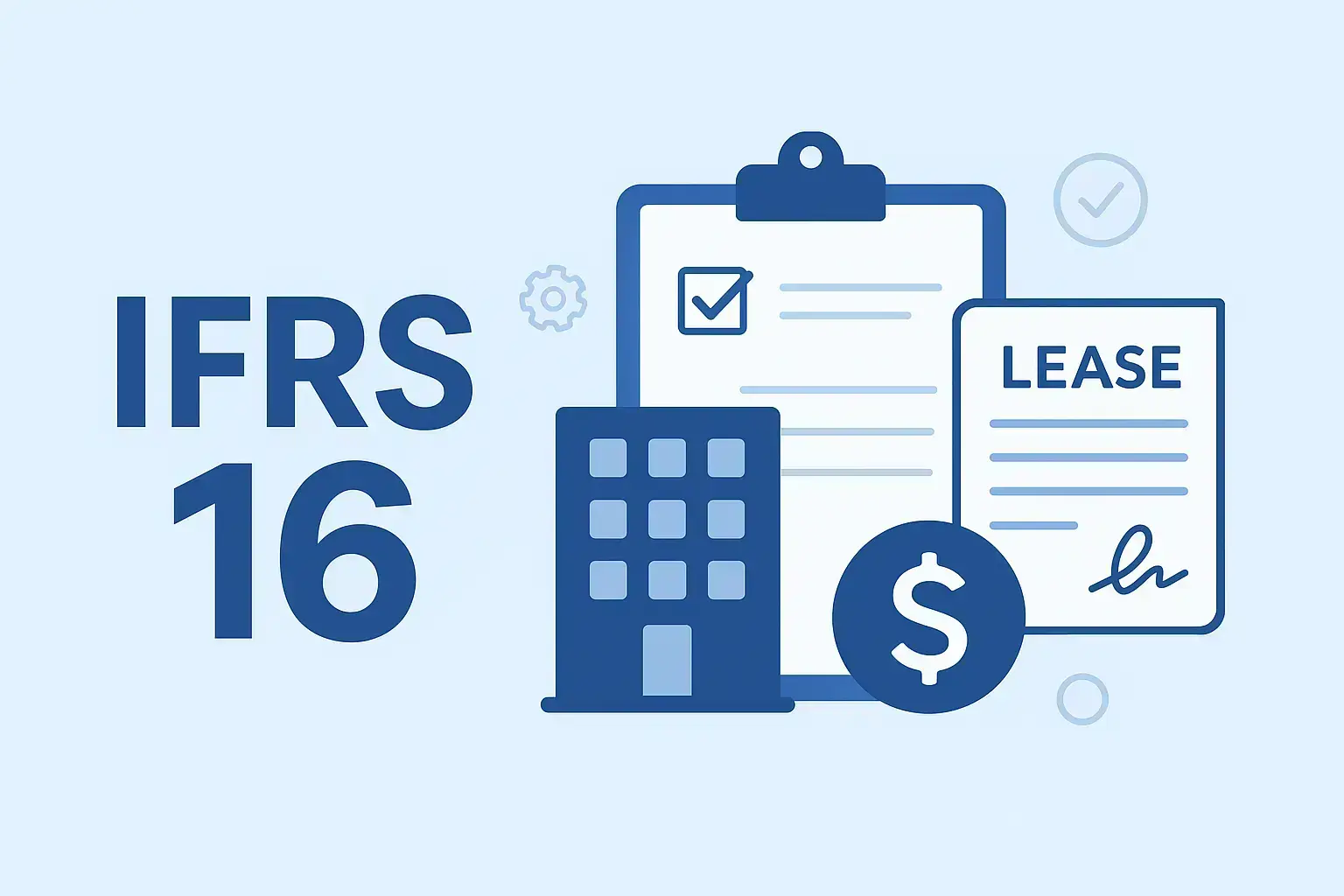Latest Articles & News
Explore how SAP modules like FI, CO, MM, SD, and AA empower SMEs and startups in Austria to reduce manual work, accelerate closing, and improve compliance. With the right SAP implementation, financial processes become more efficient, integrated, and decision-ready.

SAP Financial Solutions
How SAP Financial Modules Improve Business Efficiency
SAP Financials gives SMEs and startups in Austria enterprise-grade capabilities without enterprise complexity—when implemented with focus. By standardizing processes and connecting finance with operations, SAP financial modules reduce manual work, accelerate closing, and improve compliance and decision-making.
Why SAP Financials Elevates Performance
The right mix of SAP modules turns siloed tasks into an integrated flow—from purchase to pay, order to cash, and record to report. Automation replaces spreadsheets, validations reduce errors, and real-time postings create a single source of truth for leadership and auditors.
Core SAP Financial Modules for SMEs
1) FI — Financial Accounting
Manages general ledger, AR/AP, bank integration, and statutory reporting. FI streamlines period close, improves audit trails, and supports compliant financial reporting.
2) CO — Controlling
Tracks costs by cost centers, projects, and products. CO enables margin analysis, budgeting, and internal performance management—key for profitable growth.
3) MM — Materials Management
Connects purchasing, goods receipts, and invoice verification. With MM feeding FI/CO, SMEs gain tighter spend control and cleaner accruals.
4) SD — Sales & Distribution
Integrates quotations, orders, deliveries, and billing. SD posts accounting entries automatically, reducing revenue recognition errors and days sales outstanding.
5) AA — Asset Accounting
Automates capitalization, depreciation, and disposals with clear audit trails—keeping fixed-asset ledgers aligned to policy and tax rules.
How SAP Modules Improve Efficiency
Faster month-end close: Real-time postings, automated reconciliations, and standardized journals cut days off the closing calendar.
Reduced manual work: Workflow approvals and three-way matches (PO–GR–Invoice) replace email chains and spreadsheets.
Better cash control: Integrated AR/AP aging, credit limits, and payment runs improve liquidity planning alongside clean bookkeeping.
Stronger compliance: Embedded controls, segregation of duties, and complete audit logs support statutory and investor requirements.
Decision-ready data: Unified master data and real-time KPIs provide a single source of truth for management.
Adoption Tips for SMEs
Start focused: Go live with FI/CO first, then add MM/SD/AA as needs mature.
Standardize processes: Map current workflows to SAP best practices rather than customizing heavily.
Clean data first: Validate chart of accounts, vendors, customers, and open items before migration.
Train by role: Build short, role-based playbooks and reinforce with go-live floor support.
Measure impact: Track close cycle time, automation rate, and on-time reporting to prove ROI.
Unlock Efficiency with the Right SAP Mix
Reportat helps SMEs in Austria select and deploy the right SAP modules—from FI/CO foundations to MM and SD integration—so SAP Financials delivers measurable efficiency gains from day one.
Book a Consultation · Explore SAP Implementation Support · More Guides on SAP Financial Solutions






Send Us Message
Your email address will not be published. Required fields are marked *